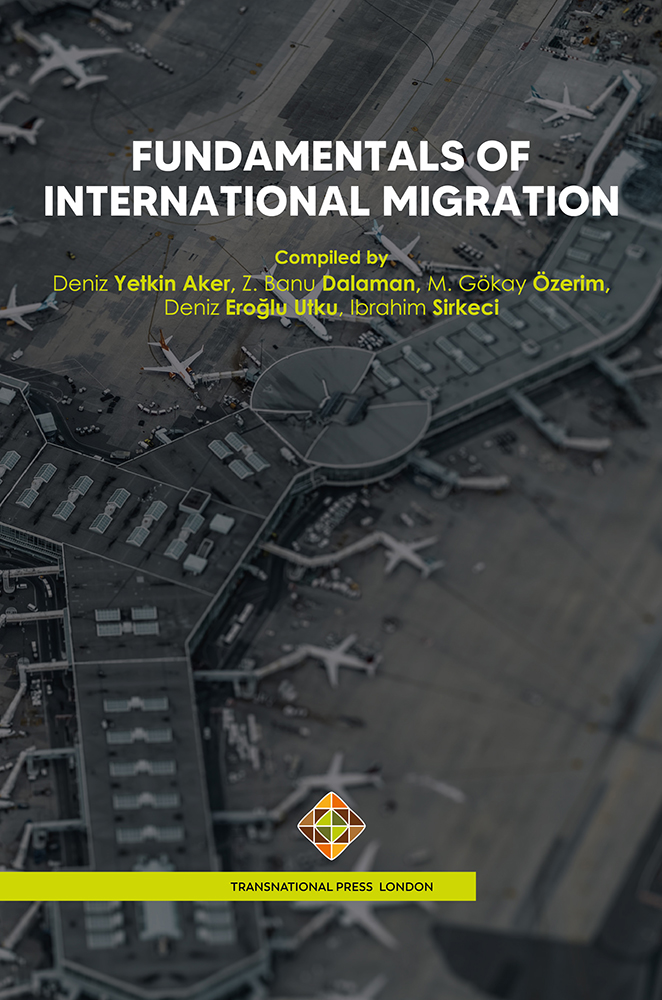Strengths, Risks and Limits of Doing Participatory Research in Migration Studies
Strengths, Risks and Limits of Doing Participatory Research in Migration Studies
Author(s): Diana Mata-Codesal, Laure Kloetzer, Concha Maiztegi
Subject(s): Methodology and research technology, Migration Studies
Published by: Transnational Press London
Keywords: Strengths; Risks; Limits of Doing Participatory; Research in Migration Studies; Mexican Americans; Puerto Ricans; Indians; Eskimos; whites;
Summary/Abstract: 50 years on, Sherry R. Arnstein’s critical words on participation in policy and social planning remain very relevant: “The idea of citizen participation is a little like eating spinach: no one is against it in principle because it is good for you. Participation of the governed in their government is, in theory, the cornerstone of democracy-a revered idea that is vigorously applauded by virtually everyone. The applause is reduced to polite handclaps, however, when this principle is advocated by the have-not blacks, Mexican Americans, Puerto Ricans, Indians, Eskimos, and whites. And when the have-nots define participation as redistribution of power, the American consensus on the fundamental principle explodes into many shades of outright racial, ethnic, ideological, and political opposition” (Arnstein, 1969, p.216).According to her, what participation should be, however, is very different: “citizen participation is a categorical term for citizen power. It is the redistribution of power that enables the have-not citizens, presently excluded from the political and economic processes, to be deliberately included in the future. It is the strategy by which the have-nots join in determining how information is shared, goals and policies are set, tax resources are allocated, programs are operated, and benefits like contracts and patronage are parcelled out. In short, it is the means by which they can induce significant social reform which enables them to share in the benefits of the affluent society” (ibidem, p. 216). Whereas her critical call was related to participation of citizens in State and local policies, it is fully relevant to the current analysis of the (non) participation of (non) citizens in supranational, national or local policies governing international migrations.
Book: Fundamentals of International Migration
- Page Range: 107-115
- Page Count: 9
- Publication Year: 2021
- Language: English
- Content File-PDF

